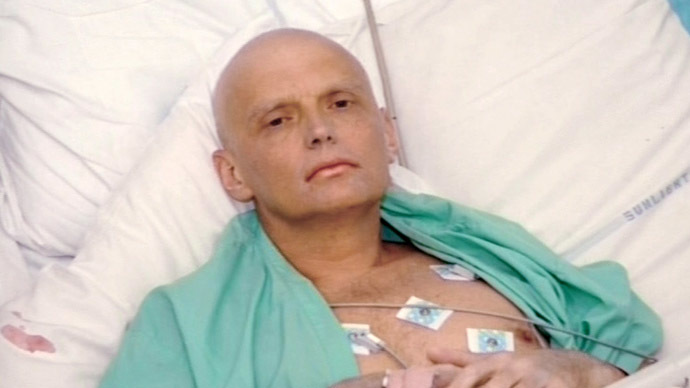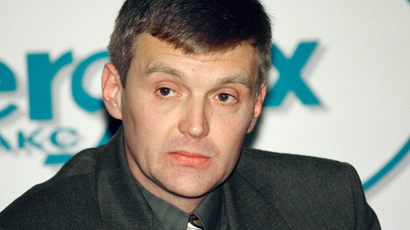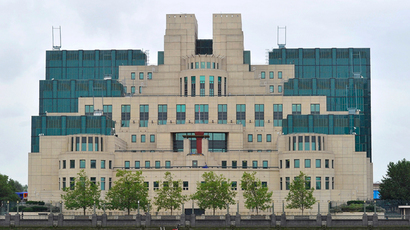‘UK cannot hold unbiased probe into Litvinenko’s death’ - Russia

The new British public inquiry into the death of ex-FSB operative Aleksandr Litvinenko is unlikely to be really open and fair, the Russian Foreign Ministry has said in a statement.
The ministry’s release on Wednesday was a follow up to a move by Russia’s top federal law enforcement body – the Investigative Committee – that officially refused to cooperate with the British side over fears that the inquiry would not be open.
Russian diplomats noted that the Investigative Committee had been fully participating in the process and voluntarily assisted the British coroner who investigated the case. The Russian agency shared evidence with the British police and other security services, but it expected to participate in the probe till its completion.
However, when the British government announced in July this year that it was launching an open inquiry into Litvinenko’s death, it specified that some evidence in the case would be considered classified and the hearings on them would be closed. Therefore, neither Russian law enforcement nor the Russian public would have access to this data, the Foreign Ministry concluded.
“We have to state that the new ‘public inquiry’ in London is not going to be public. Whatever evidence the British authorities possess, it is obvious now that the British government will not allow this information to be used in an open process with the participation of Russian investigators. It is hard to imagine that such an inquiry will be objective,” reads the ministry’s statement.
“It is highly regrettable that after going all this way the British administration is either incapable or unwilling to hold a really open, transparent and unbiased investigation of this case.”
Aleksandr Litvinenko was a former operative of the Russian Federal Security Service, the FSB, who quit the service and started working for Russian billionaire Boris Berezovsky. When Berezovsky fled from Russia to UK in the wake of Vladimir Putin’s campaign against oligarchs, Litvinenko followed suit and received asylum in Britain.
In 2006, Litvinenko died in a London hospital and police said the cause of death was poisoning with a rare radioactive isotope, Polonium-210. On his deathbed the victim blamed Russian authorities and personally pointed a finger at President Putin, but he presented no proof of these charges. The Kremlin has strongly denied the allegations.
The investigation into the situation has been seriously hampered by the involvement of British special services. According to the British press, Litvinenko had cooperated with the Secret Intelligence Agency MI6 and the UK classified all documents regarding this fact.
In May 2013, the senior judge leading the inquest said that evidence which potentially implicated Russia would be excluded on grounds of national security. The judge further concluded that any material, which demonstrated British intelligence or security services could have prevented Litvinenko’s death, could not be heard in the inquest.














